María Lacunza

María Lacunza Ezcurra
Professional integrity as a hallmark
Pamplona, 1900 - València, 1984
María Lacunza started studying Law in Saragossa and continued her university degree in Madrid (staying at the Ladies’ Residence run by María de Maeztu). In both Faculties she was the only woman student in the classrooms.
She became one of the first women that joined a Bar Association in Spain –one of the few female jurists that appeared before the Courts prior to the Second Republic– and was the first woman admitted to two Bar Associations (in 1927: Pamplona and San Sebastian).
She left the practice of Law in 1931 and moved to Madrid. In 1932 she became a civil servant in the State Administration (Ministry of Agriculture, Industry and Trade). Shortly thereafter she was appointed a member of the Study Commission charged with the intended agrarian reform, for which she travelled to several countries. This is another area in which María Lacunza was an innovator, as at that time it was highly unusual for women (jurists) to travel outside Spain for professional reasons.
After the outbreak of the Civil War in 1936, the authorities decided to dismiss her, as a result of the mistrust generated in the Republican government by a civil servant who was not affiliated with any party (leftist) and was not of significant public relevance. She was later asked back to work in the city of Valencia, where she was somewhat marginalised by being given secondary, minor tasks.
Once the Civil War was over, because she had served as a civil servant in the Second Republic, a purge proceeding was opened against her (1940), even though María Lacunza had always acted based on strictly professional criteria. The literal wording of the decision which concluded the proceeding was: ‘… this Ministry has determined that this civil servant be admitted to state service with the disqualification sanction for holding managerial positions or those of trust, a forced transfer with a ban on applying for vacant posts for a two-year period and a two-year deferral.’ Days later she was notified that her new professional post was in Seville.
María Lacunza did not take her new (imposed) job and instead preferred to remain in Valencia with her husband and son. She thus abandoned her professional activity, which has not stopped her from earning accolades for her integrity and independence.
Arantza Libano Beristain
Associate Professor (Profesora Agregada) of Procedural Law
Universitat Autònoma de Barcelona
References:
- Causapé Gracia, Belén (2018). Las primeras alumnas de la Facultad de Derecho de Zaragoza, 1915-1931. Filanderas, Revista Interdisciplinar de Estudios Feministas, 3, 7-24. In: https://doi.org/10.26754/ojs_filanderas/fil.201833241
- Garbayo Erviti, Luis (2018). Un momento en la luz (Vida, contexto y circunstancia de María Lacunza). Mutilva: Ken.
- Martinena, Juan José (2005). La primera mujer abogado de Navarra, Diario de Navarra, 6th november 2005, 63.
- Martinena, Juan José (2005). Acosada por la República, depurada por el franquismo, Diario de Navarra, 20th november 2005, 64.
- Yanes Pérez, Santiago José (2015). Estudio histórico-jurídico del acceso de la mujer a la abogacía. PhD thesis. Universidad de Las Palmas de Gran Canaria, 230-234.
Suggested citation:
Libano Beristain, Arantza (2022). María Lacunza Ezcurra. Pioneering Female Jurists: Remembrance and Memory [Electronic resource], Universitat Autònoma de Barcelona, November 2022. In: https://ddd.uab.cat/record/268731
This web Pioneering Female Jurists: Remembrance and Memory was created as part of the teaching innovation and quality improvement project of the UAB 2021 (GI515402). Main researcher: María Jesús García Morales







